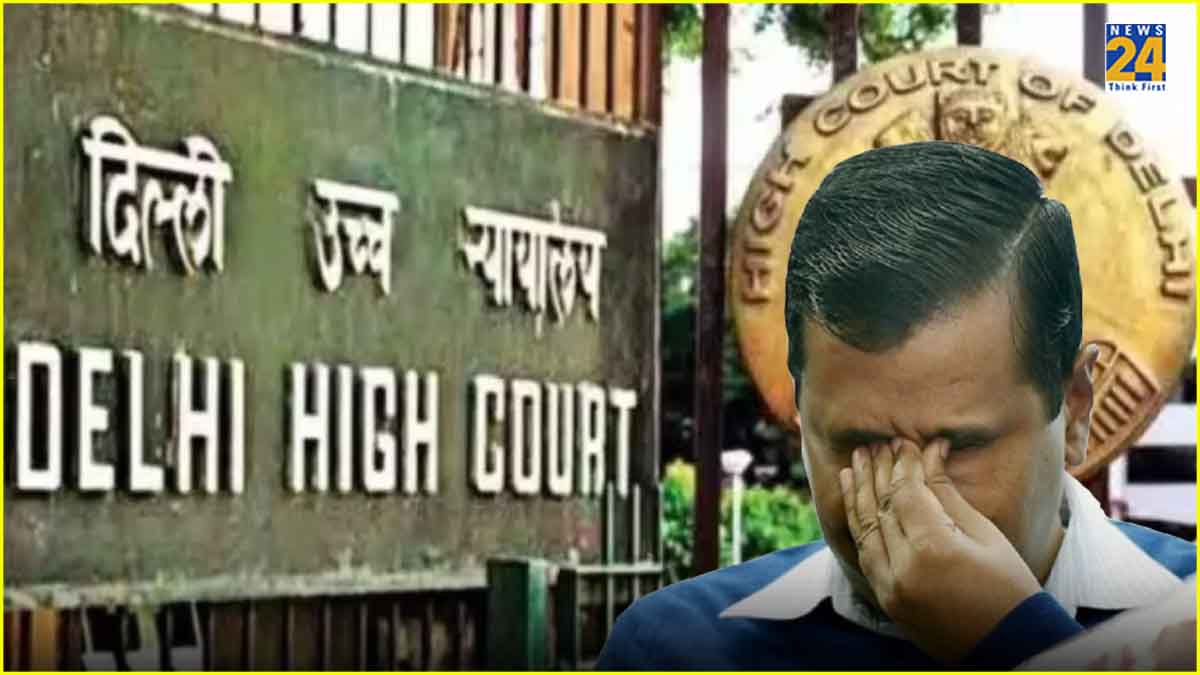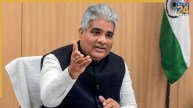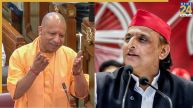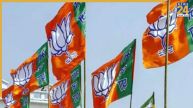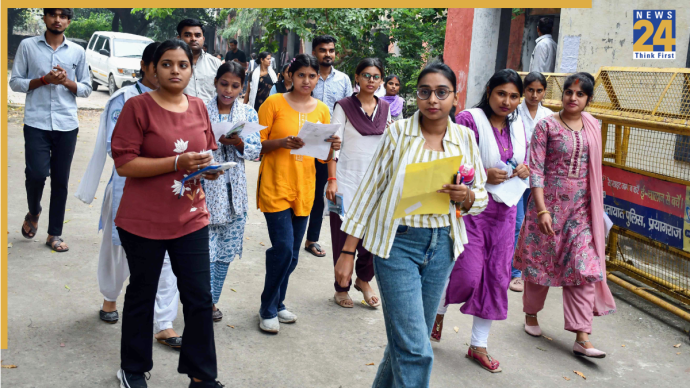Another blow for Arvind Kejriwal as the High Court has dismissed his plea challenging the multi-crore liquor policy case on Tuesday. The verdict given by Justice Swarna Kanta Sharma states that as per the documents (pieces of evidence), Arvind Kejriwal has been found involved in the excise policy case and it’s clear that he conspired with others. Over the ‘timing’ issue of arrest, the court said that the ED has the right to decide when to arrest.
Delhi High Court says that the material collected by the ED reveals that Mr Arvind Kejriwal conspired with others. The ED case also reveals that he was involved in his personal capacity as well as convenor of AAP. Granting pardon to approver is not under ED’s domain and is a… https://t.co/3MwWNRjI1s
---Advertisement---— ANI (@ANI) April 9, 2024
This verdict was delivered after Delhi CM Arvind Kejriwal filed a plea challenging his arrest in the excise policy case in the wake of the general elections.
Before this, the court’s decision was kept reserved by the High Court in the liquor policy scam case. The convenor of the Aam Admi Party questioned the timing of the CM’s arrest just ahead of the Lok Sabha elections. However, opposing the plea, the domestic agency contended that Kejriwal can’t claim immunity on the grounds of elections as the law applies equally to every citizen of India and the chief minister is not an exception.
The High Court in its last hearing related to a plea on dethroning Arvind Kejriwal from the post of chief minister, rebuked ex-MLA of AAP – Sandeep Kumar, stating that it’s not the job of the judiciary to make decisions for the executive.
Also read: Lok Sabha 2024: INDIA bloc’s Maharashtra Deal Finalised; Thackeray’s Sena To Fight On 21 Seats
Arvind Kejriwal was arrested on March 21 after a high-voltage drama outside his residence amidst his hours of interrogation by the ED. This interrogation happened after the agency summoned him for a record nine times.
Kejriwal was sent to judicial custody on April 1 after the expiry of ED’s custody granted by the PMLA court.

